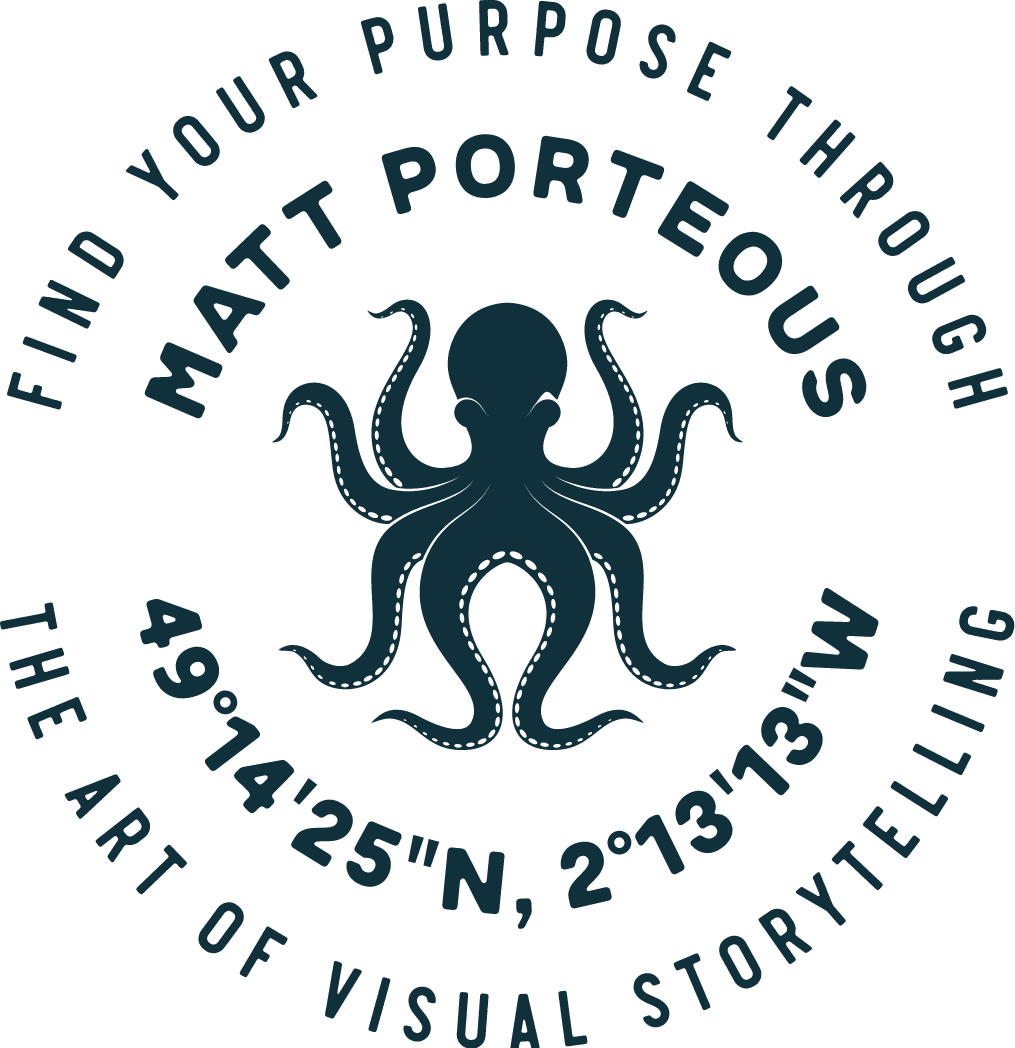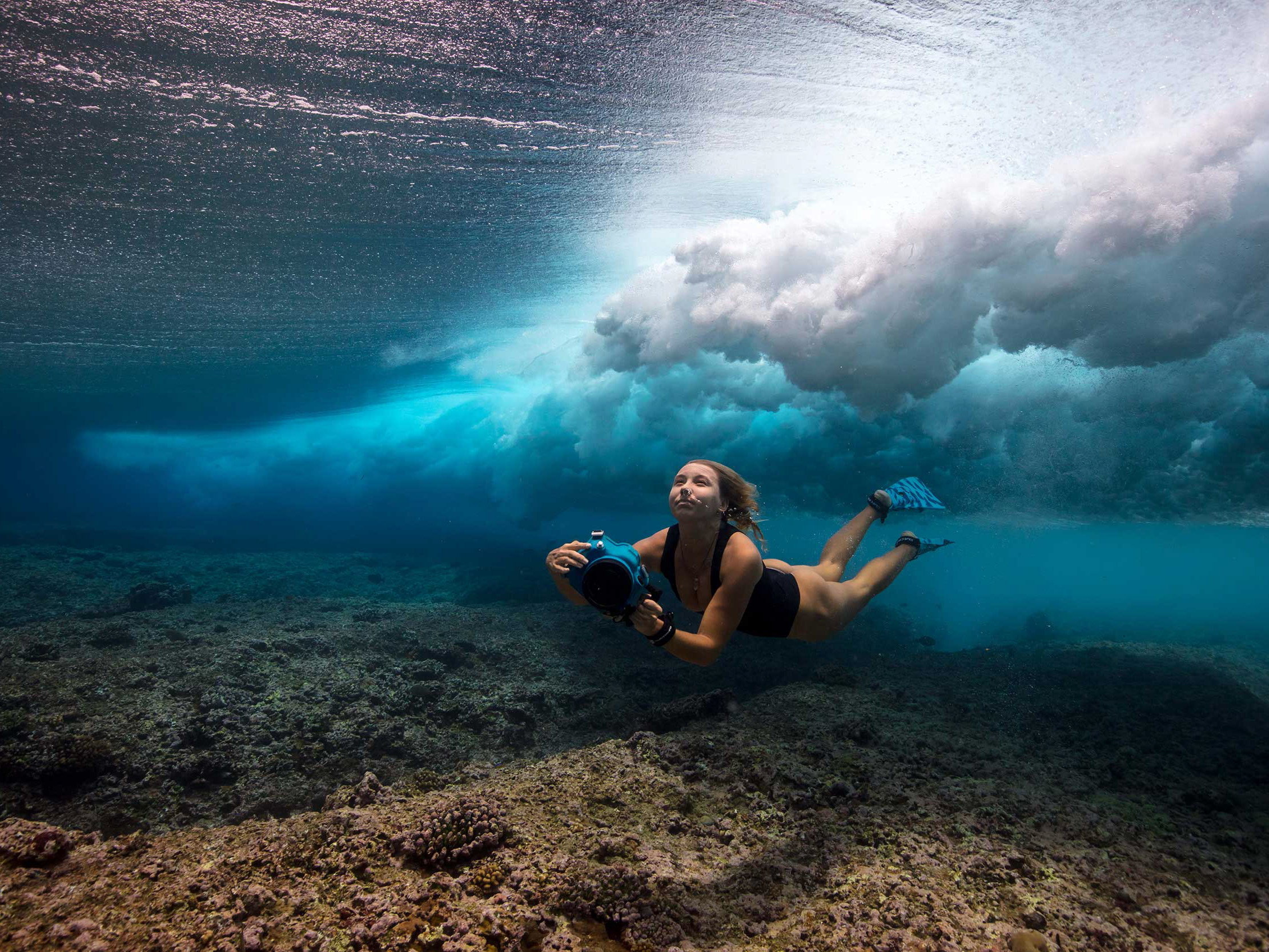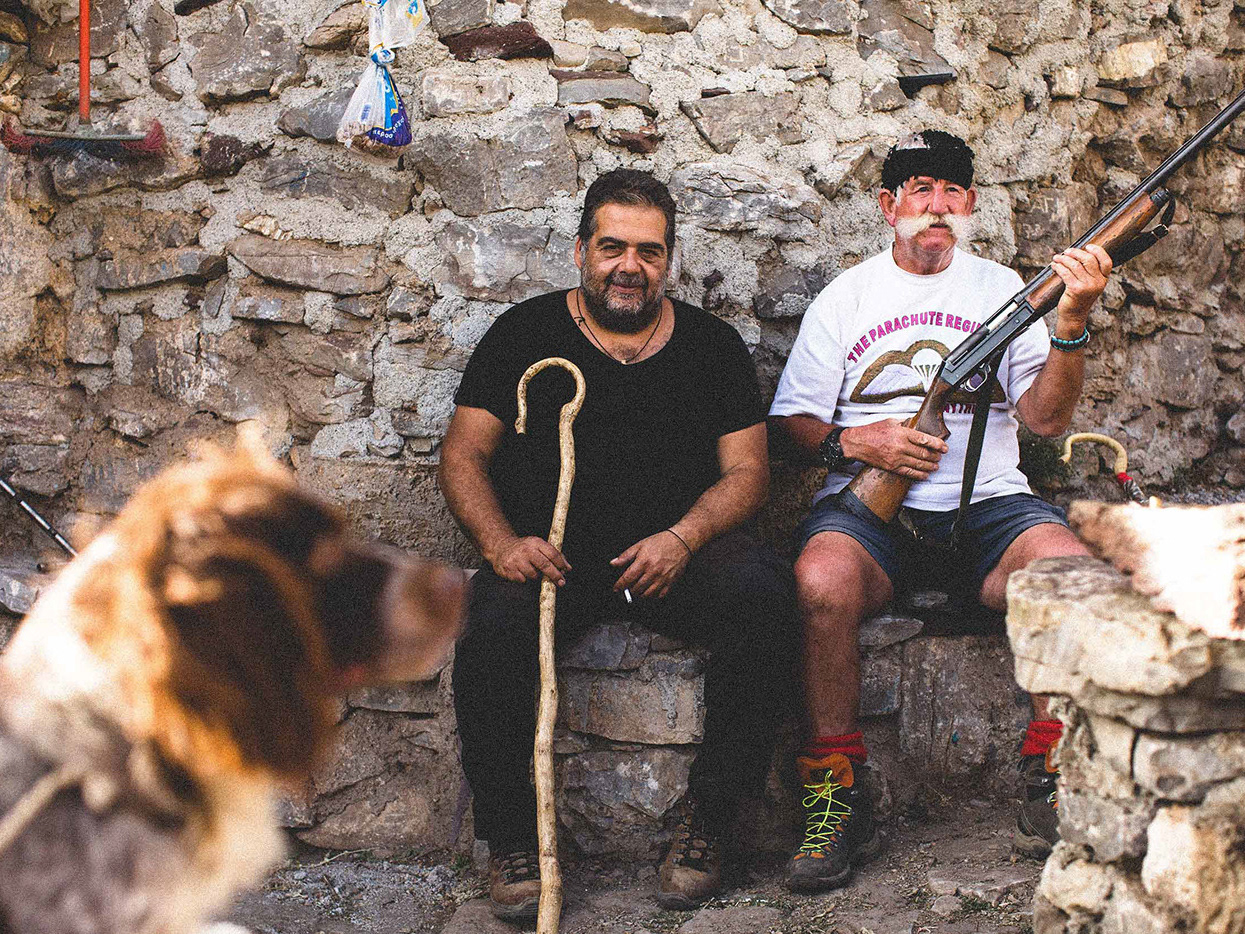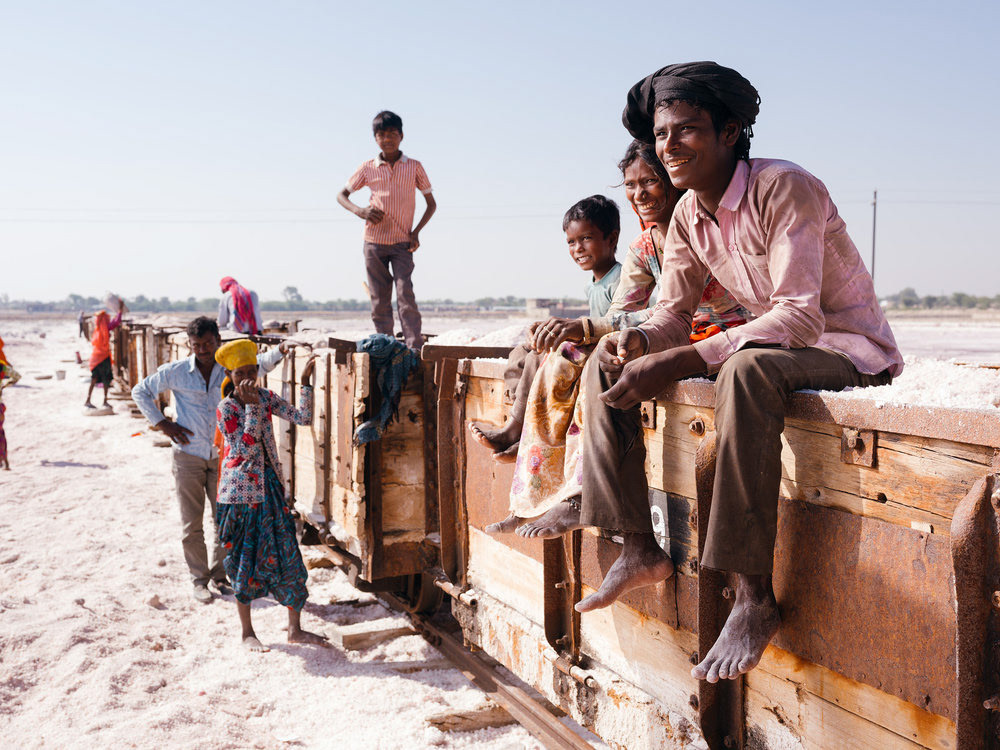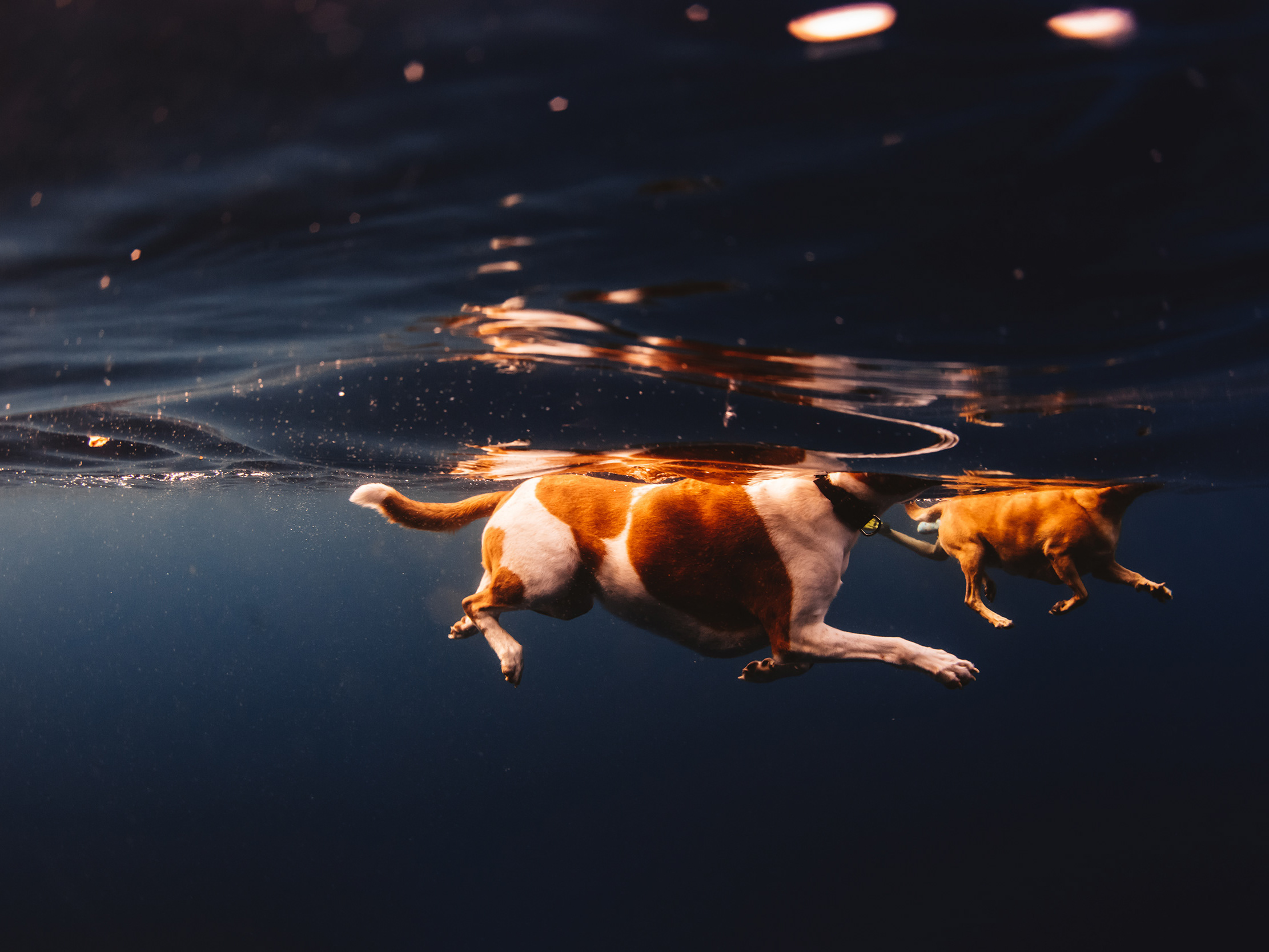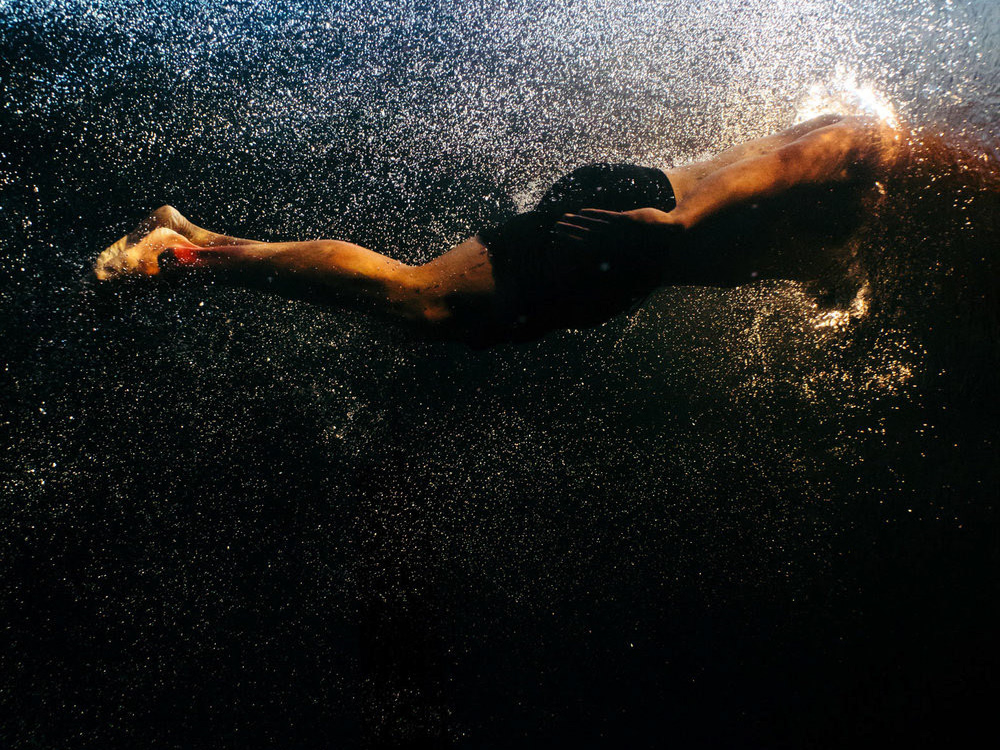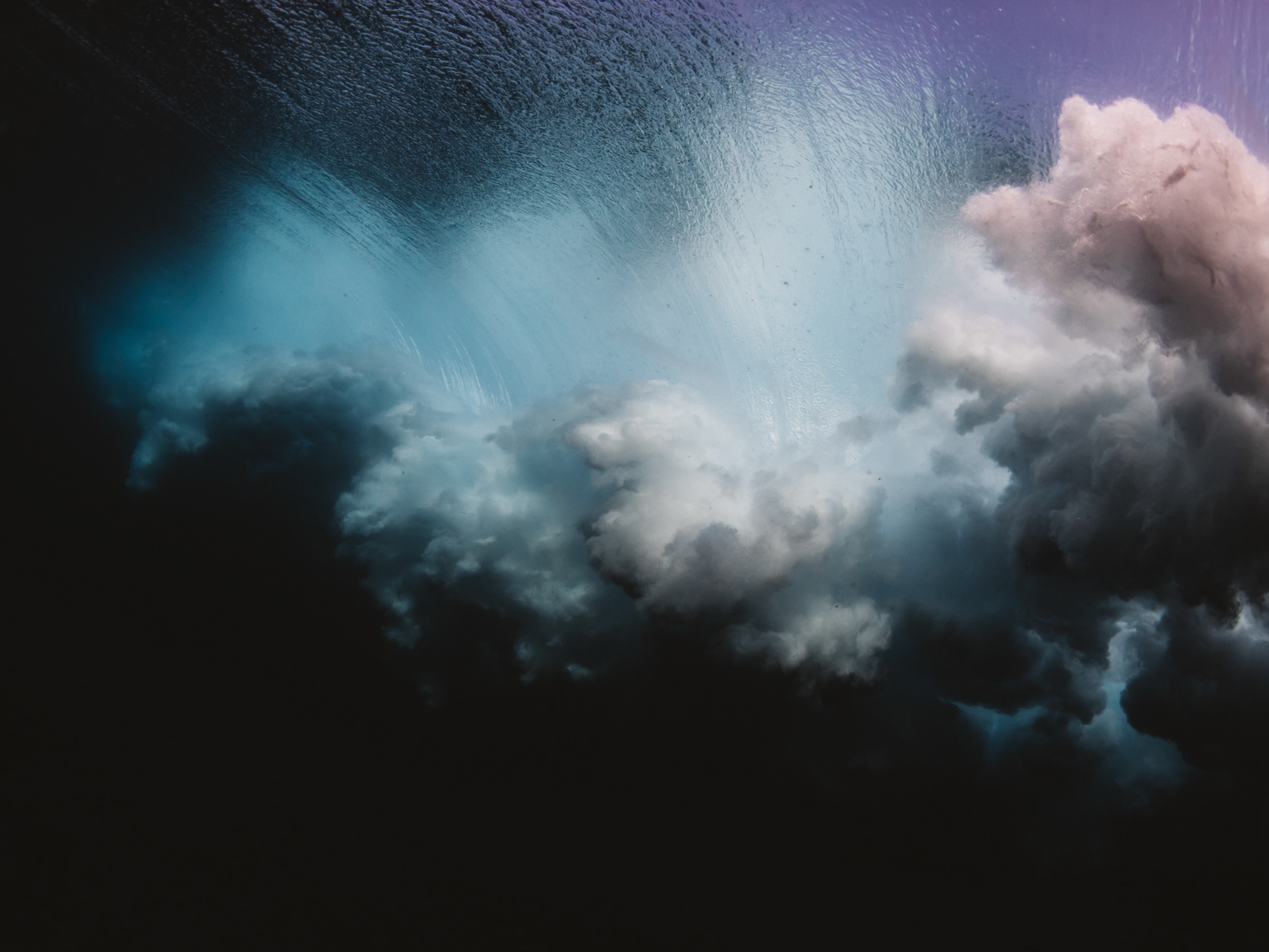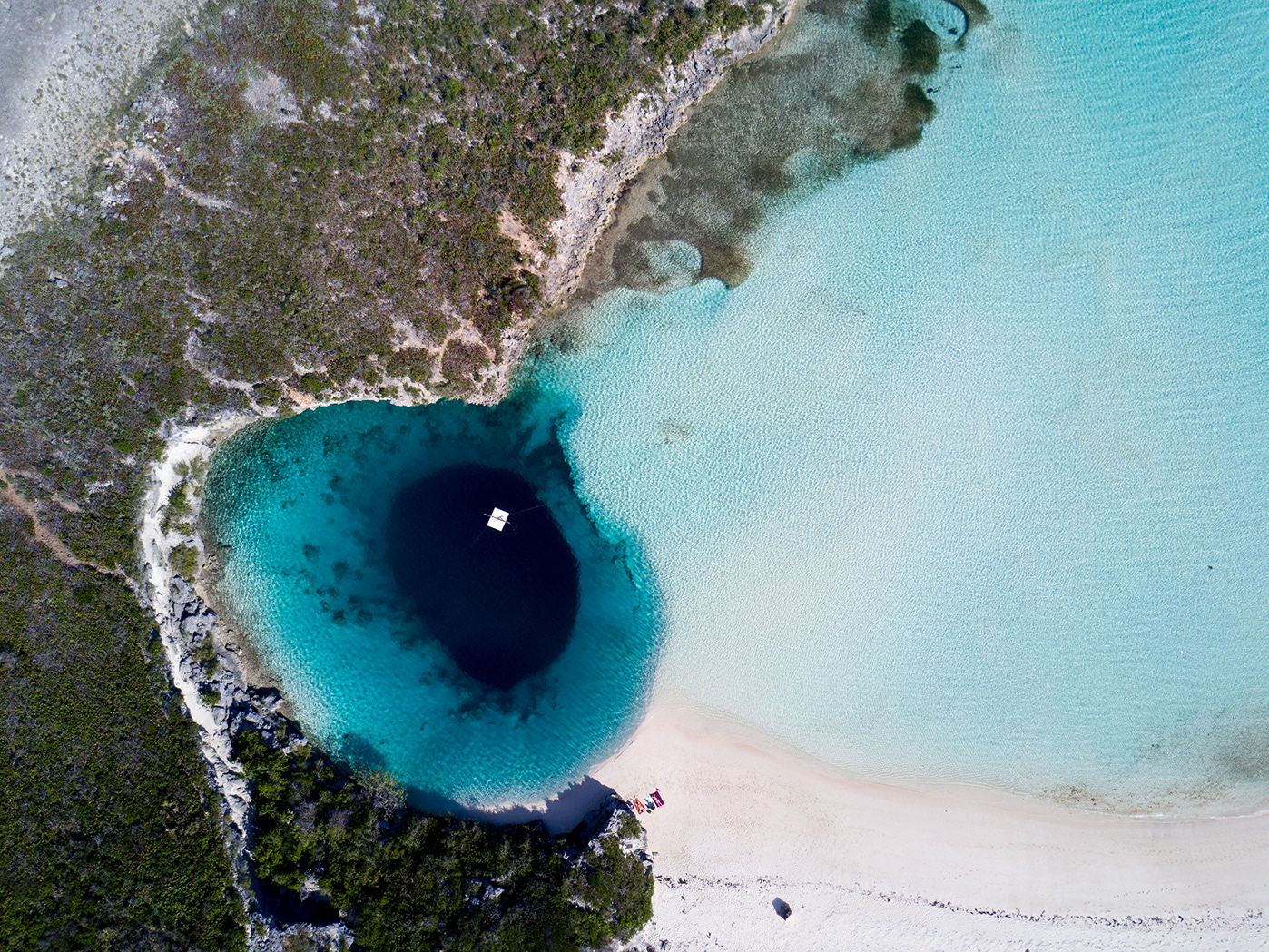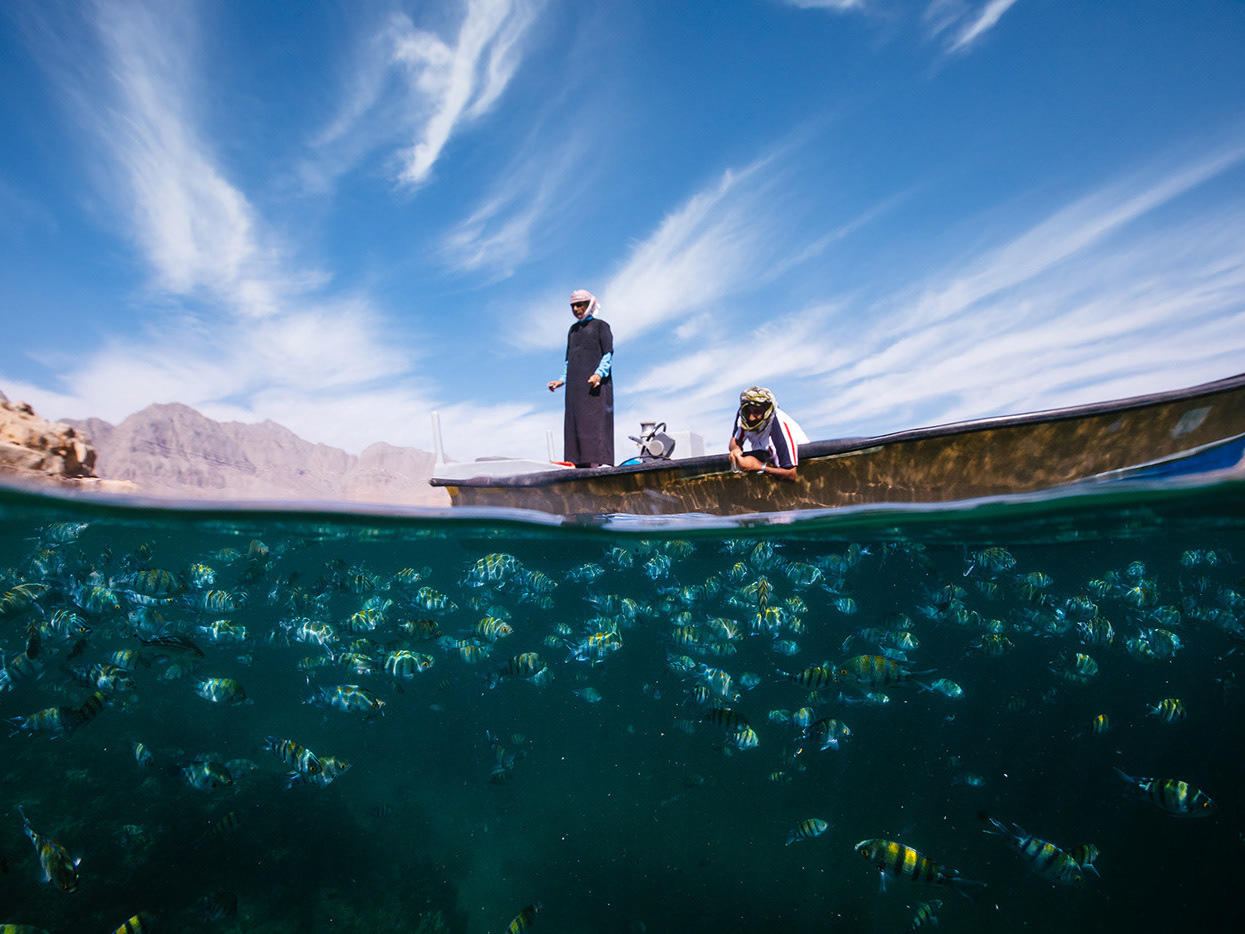Blue Marine Foundation’s work on Laamu Atoll, Maldives
FISHERMEN SIGN UP TO FIRST REEF FISHING CODE OF CONDUCT IN THE MALDIVES
February 14, 2020 by Shaha Hashim
Shaha Hashim, BLUE’s Laamu Project Manager, celebrates reef fishermen signing up to a responsible fishing code of conduct, and reflects on why this is an important step for coral reef conservation, fishermen and sustainable tourism in the Maldives.
Images by Matt Porteous on location at Sixsenses Laamu with Ocean Culture Life
Sea level rise caused by climate change is the biggest threat to the future of the Maldives. For these small islands, scattered in the middle of the Indian Ocean, the primary defence against sea-level rise is the coral reefs that surround them. These diverse ecosystems protect the islands from wave action and storm surges. Yet thanks to human interference, the same reefs that might be able to protect the Maldives are under threat themselves.
When considering the health of the reefs, the fish that live on them are just as important as the hard corals that form their physical structure. Coral reefs need healthy fish populations so that they can remain resilient to the effects of climate change and bounce back from disturbances like coral bleaching. A coral reef without fish is akin to a human without an immune system.
The Maldives is fortunate to have been able to sustain relatively healthy coral reefs up until recently. A small human population with an ancient culture of fishing using low impact gears, coupled with a distaste for coral reef fish, has meant that Maldivians reefs and their fish populations have remained relatively pristine.
Unfortunately, the recent growth of the tourism industry, particularly over the last ten years, has changed this.
People from across the world come to these islands to dive and snorkel on idyllic reefs, to be up close and personal with their fantastic underwater life. Yet, the same fish that provide such a rewarding experience for tourists, with their spectacular colouring and interesting behaviours, are targeted on recreational fishing trips and eaten in restaurants.
Coral reefs are fragile and complex ecosystems, so fishing on them requires careful management. Unfortunately, coral reef management has not kept pace with the increase in pressure from tourism and reef fish numbers are declining.
Two reef fishermen who have signed up to the code of conduct hand lining for fish.
The good news is that it is not too late to reverse this trend. Marine protected areas and appropriate fisheries management are both interventions that can be used to restore reefs back to their former health. This is what BLUE is trying to achieve on Laamu Atoll together with our partner resort, Six Senses Laamu.
For almost a year, myself and my colleague Ali Shareef, BLUE’s Laamu Research Assistant, have been working to develop an evidence based responsible fishing code of conduct for the fishermen who supply their catch to the resort.
The code of conduct stipulates rules that the fishermen and the resort agree to follow to ensure they fish and trade in a sustainable way. The code ensures that, within permitted areas, fishermen focus on catching resilient species, of a mature size using non-destructive fishing methods. In exchange for their compliance, the resort supports these fishermen through a points-based benefits scheme.

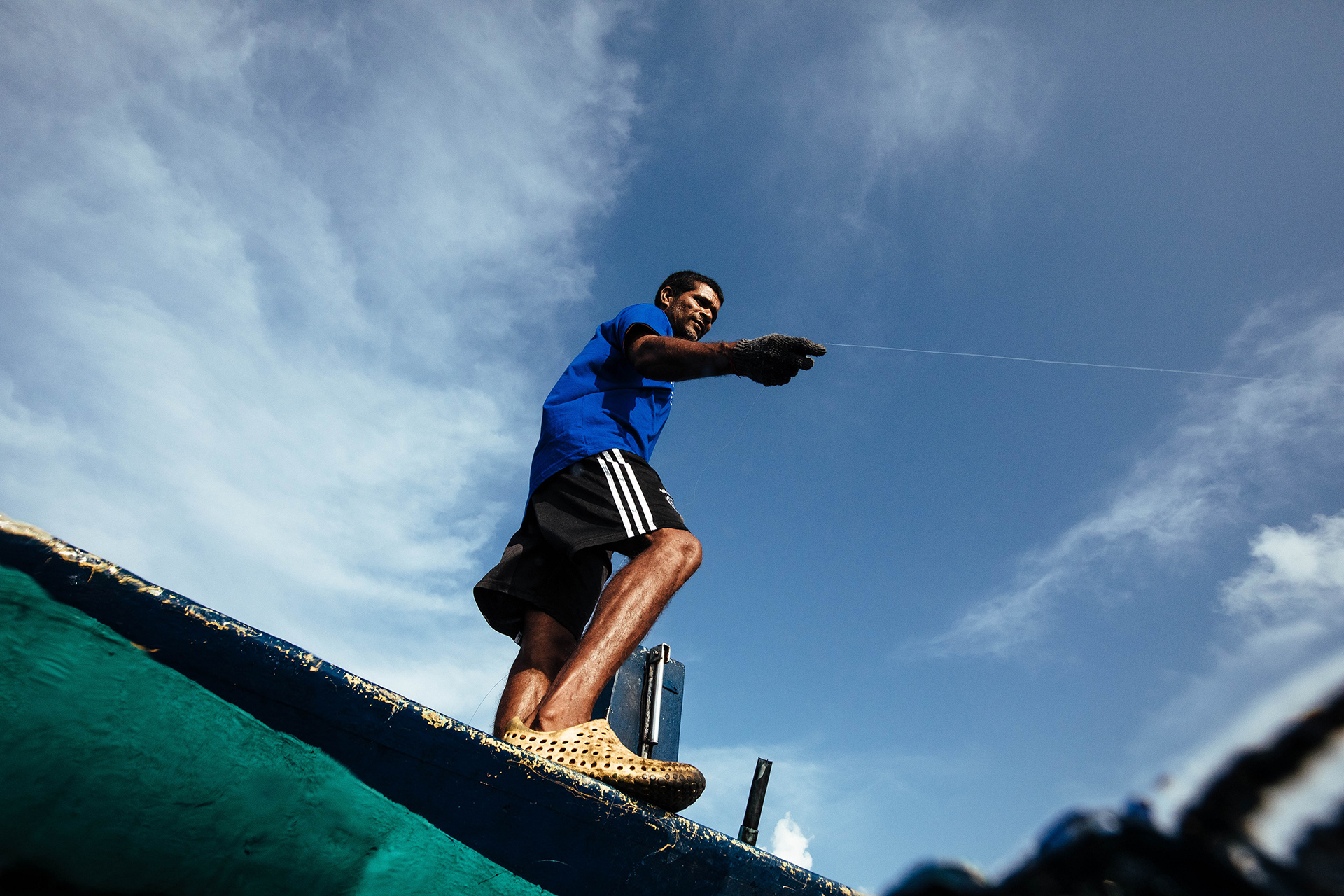
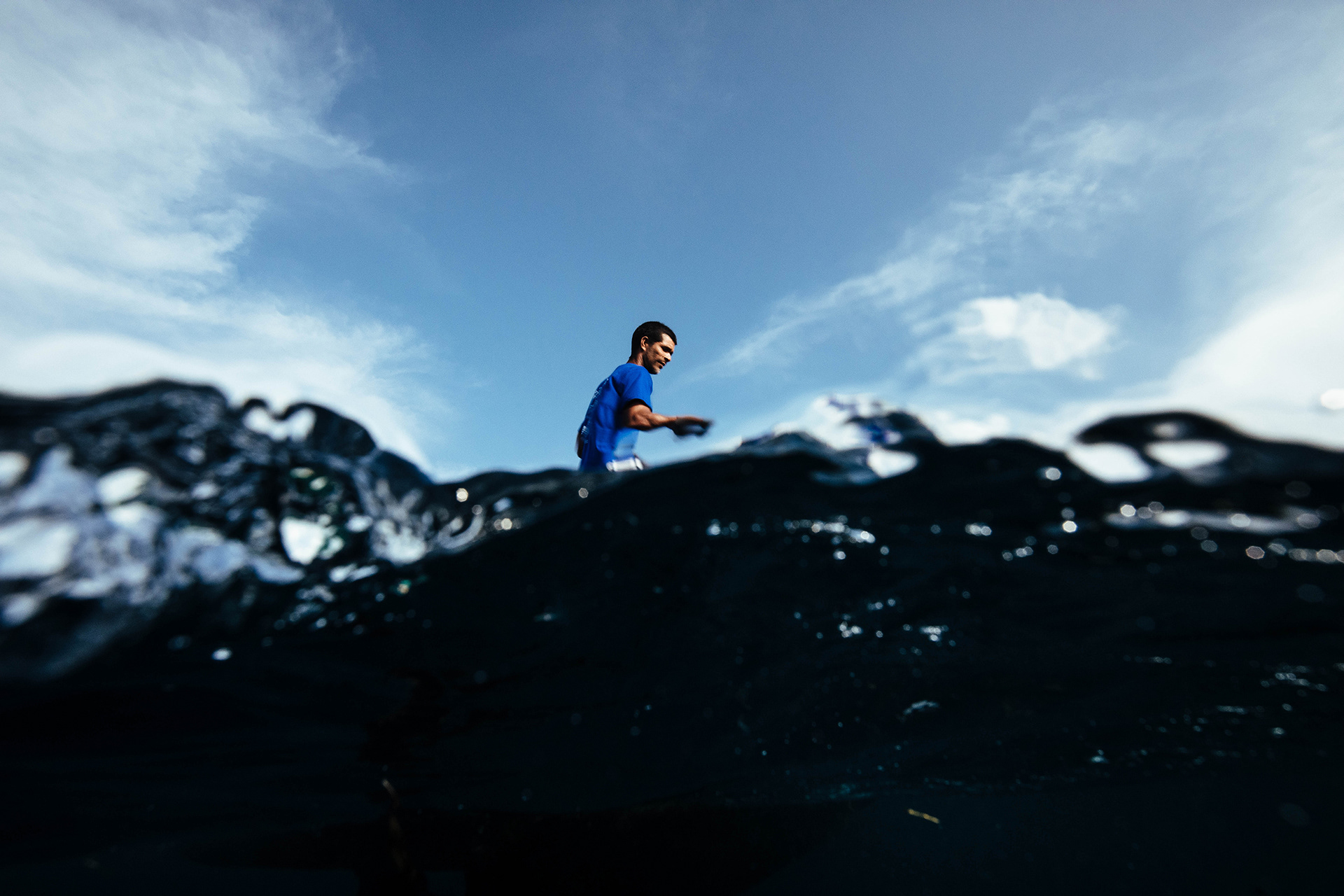
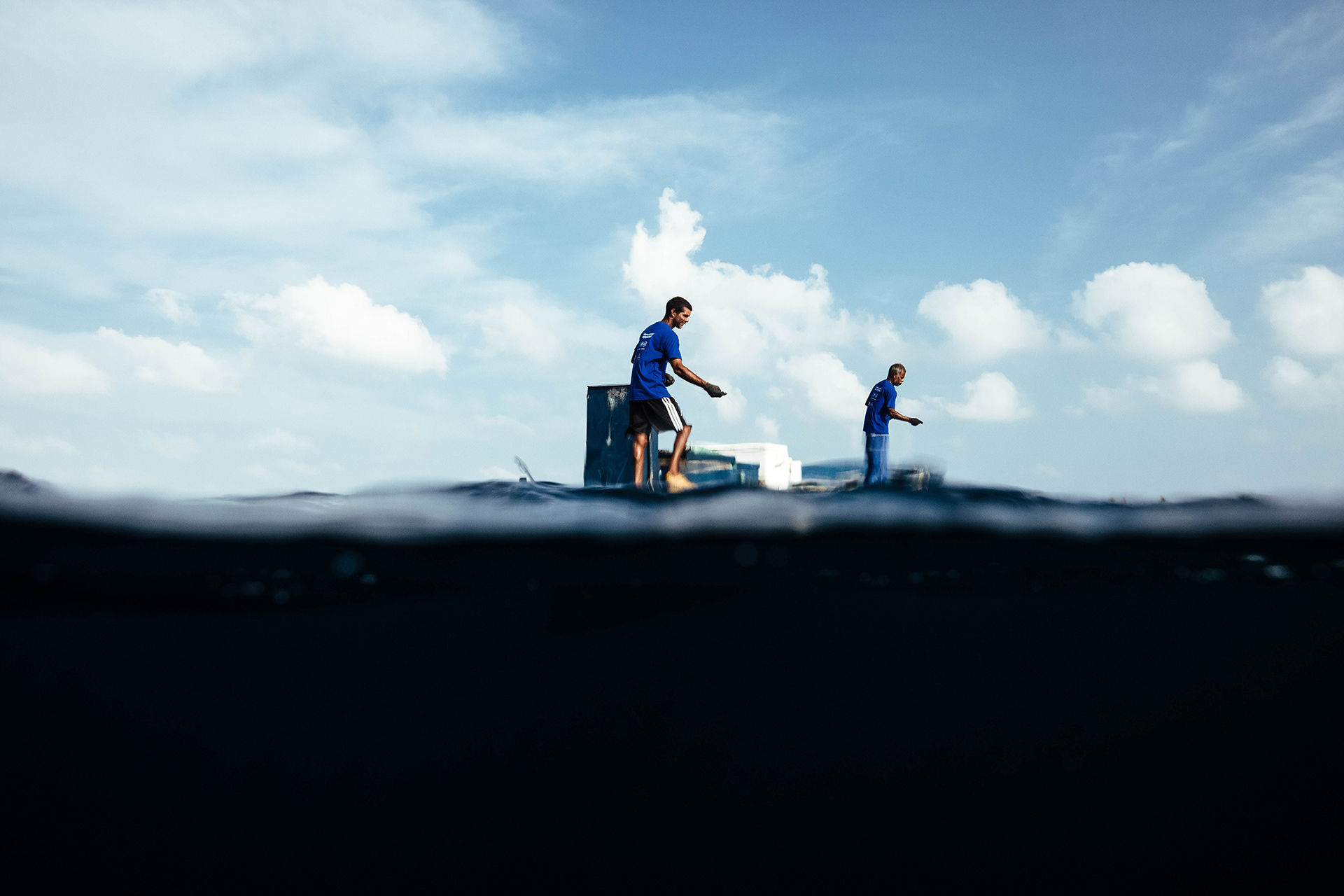
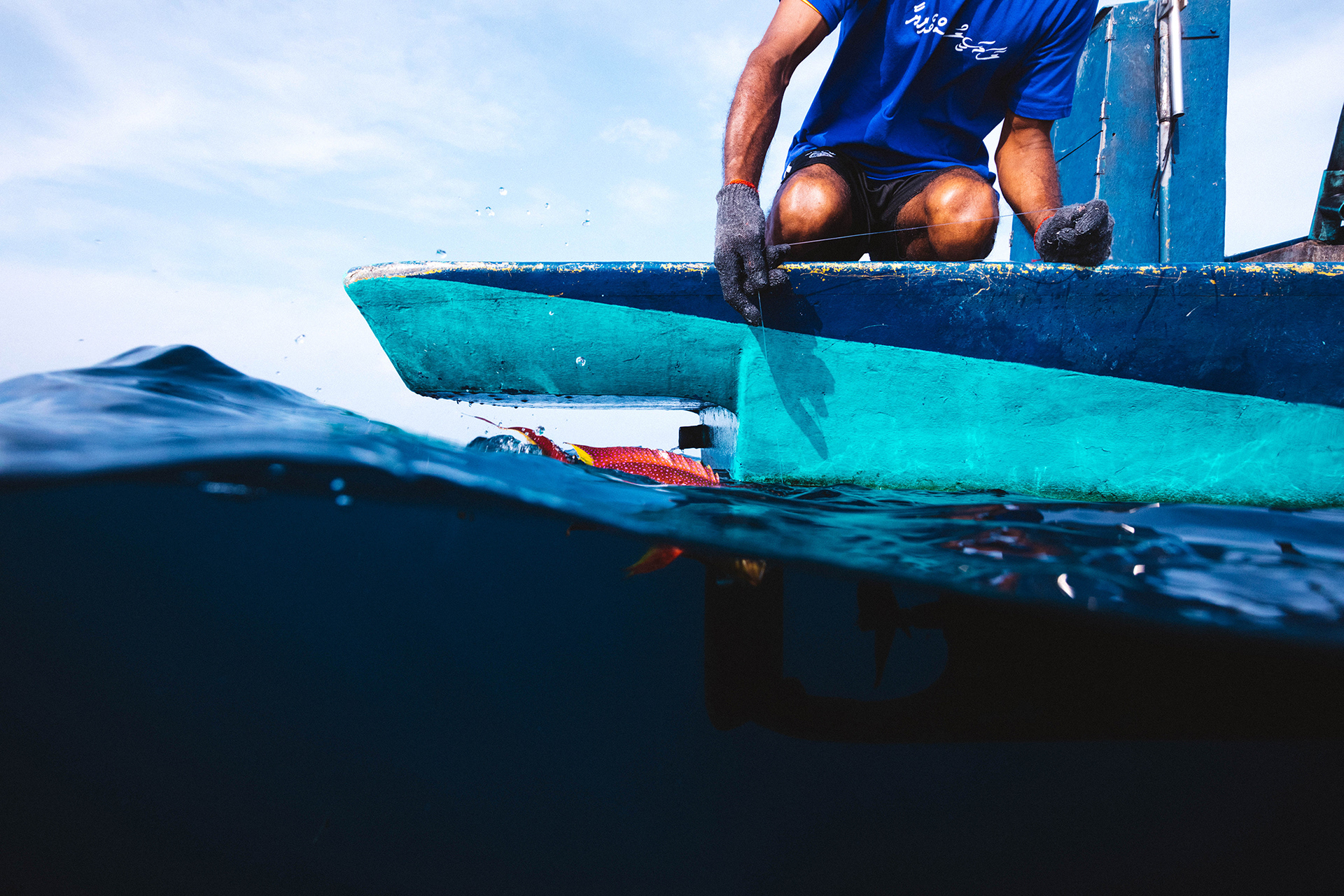
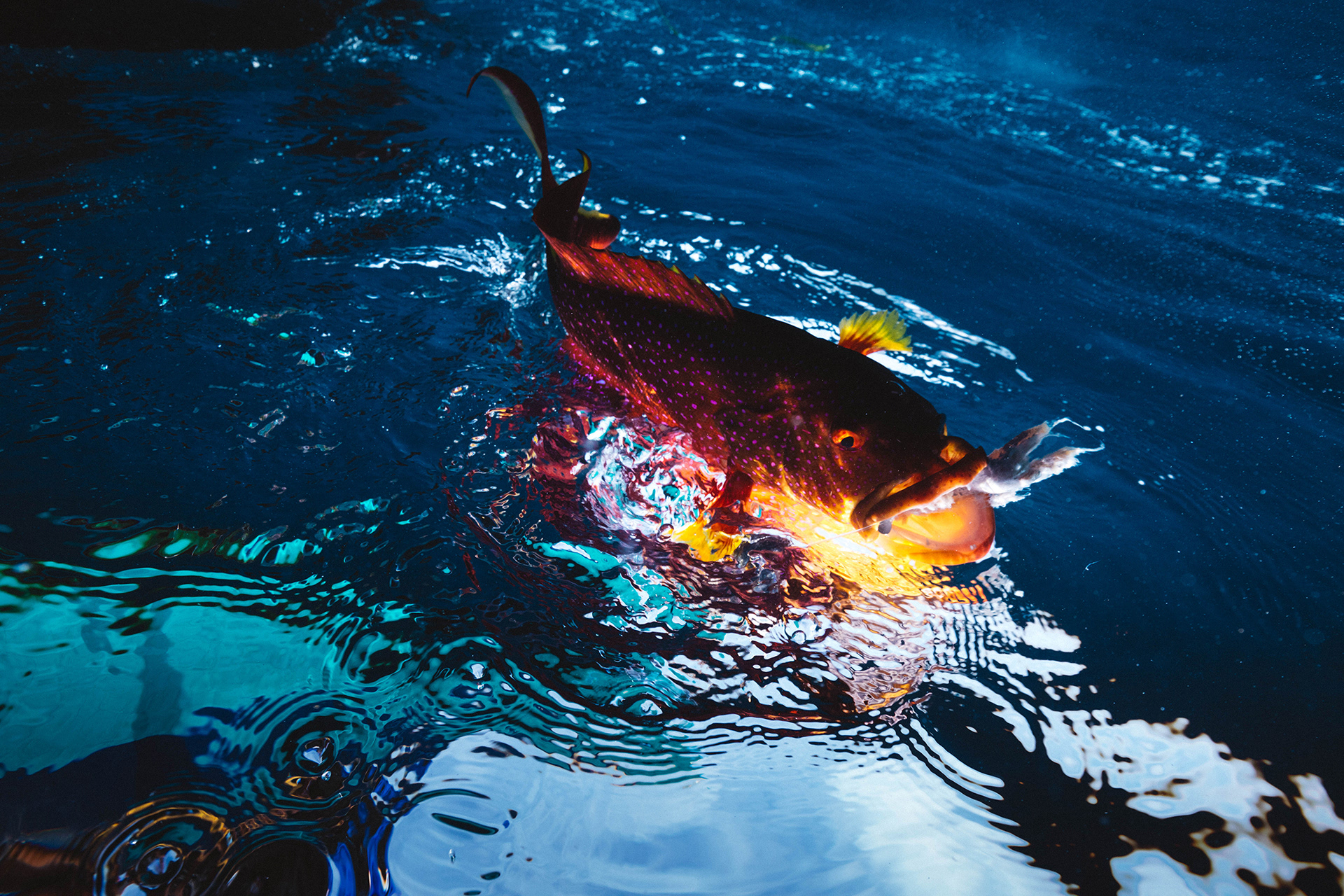

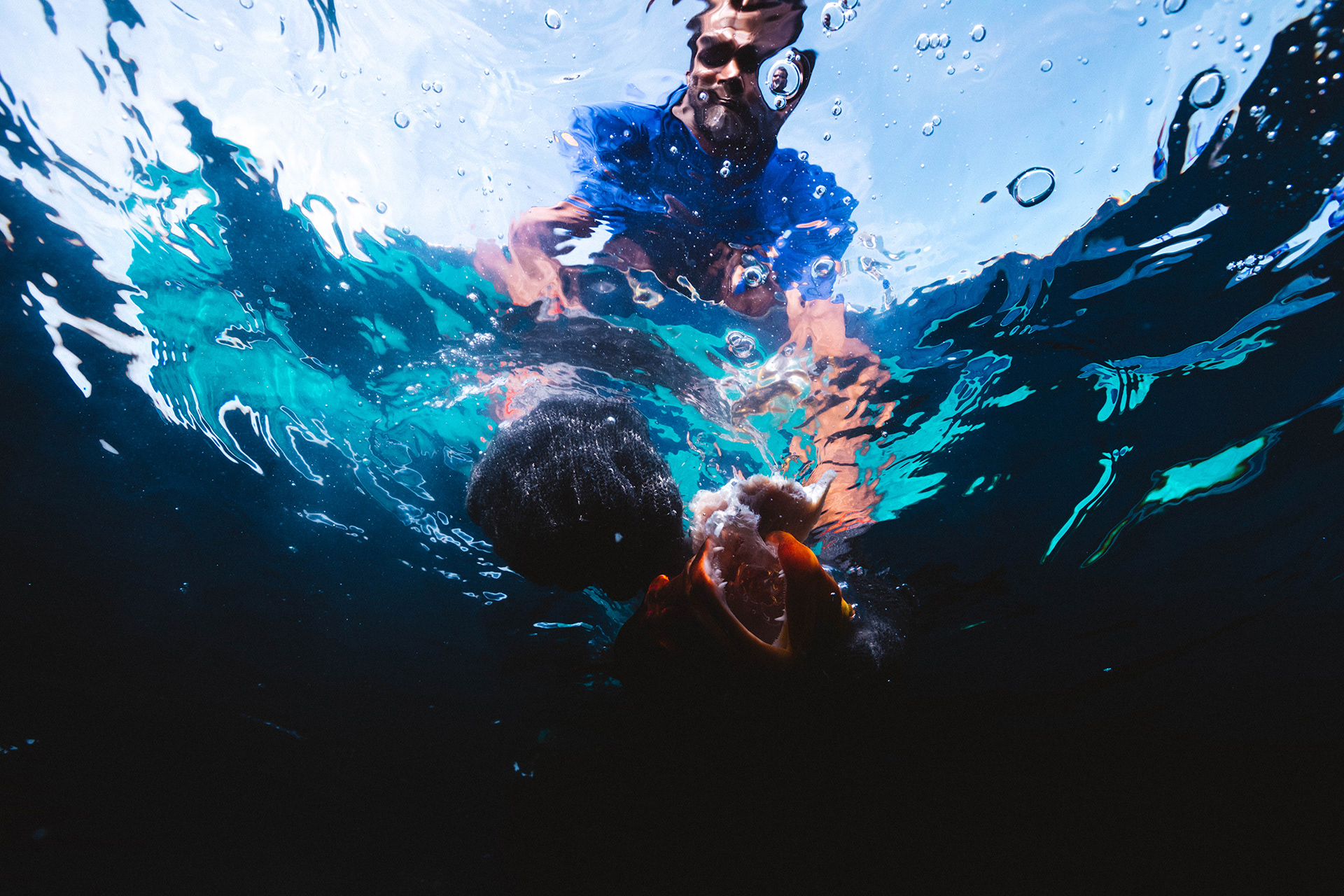
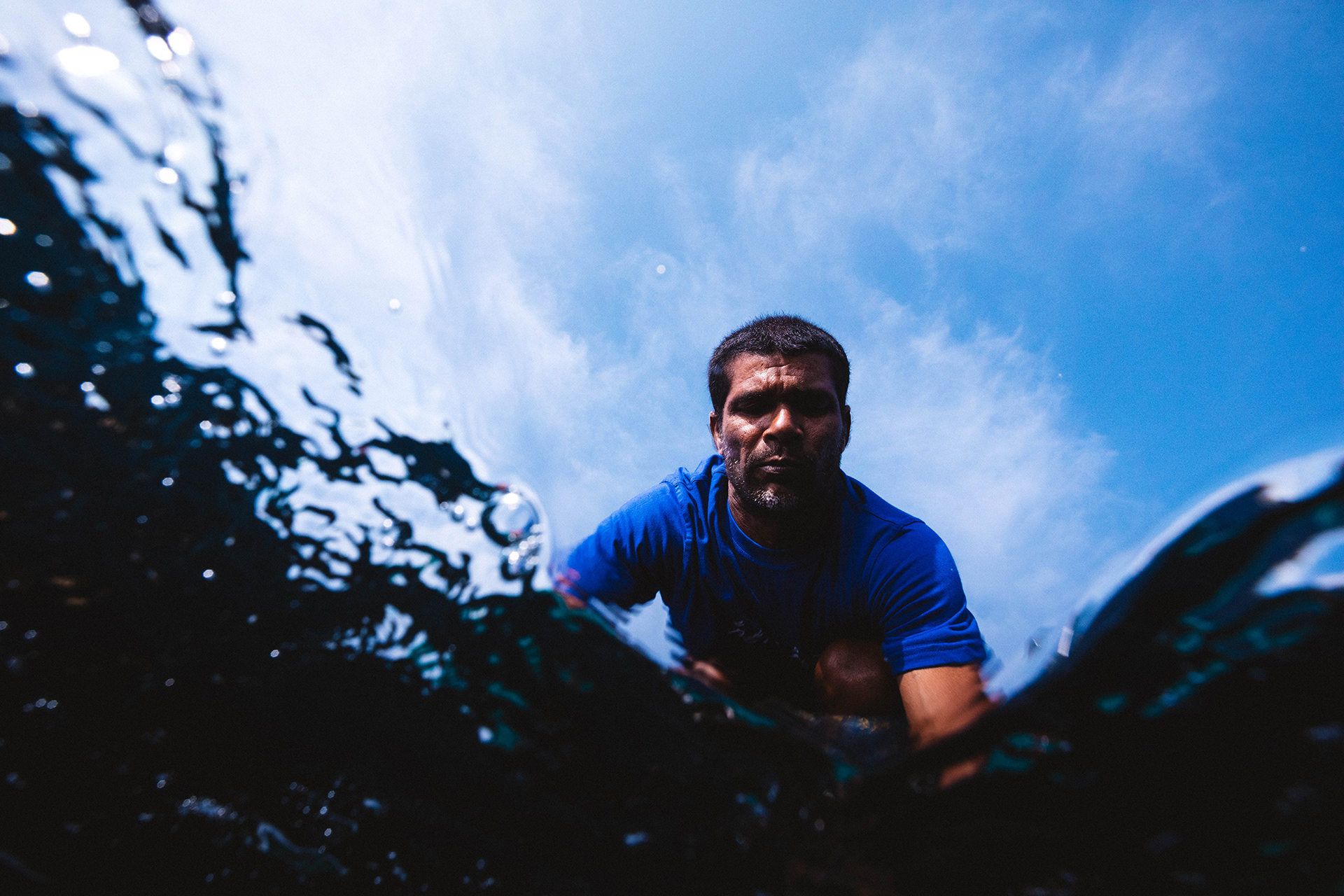

A reef fishermen releases a grouper as part of the code of conduct
Creating this code was no easy feat. We spent months trying to make sense of old, scattered purchasing data to identify patterns in fish landed by the resort over the past few years. We went out early in the morning on fishing boats and spoke with the fishermen at length, trying to understand how they fish. We organised many meetings with both fishermen and department heads, feeding information back and forth, trying to come up with a solution that works for everyone. We spent considerable time carrying out small but important tasks such as adding new category buttons to the computer system used by the fish purchasing department at the resort, to ensure that all species caught were accounted for.
The code of conduct sets out rules for the fishermen to follow to ensure the carry out sustainable fishing practices
Recently, our hard work was finally rewarded. On 31 January 2020, we gathered the fishermen of Laamu together, and eight signed up to the proposed code of conduct! This seemingly small number of fishermen represents a significant milestone, as collectively they provide almost all the fish for the resort.
Two of the fishermen who committed to sustainable fishing according to the code of conduct proposed by BLUE
The result is that the resort can continue to provide rewarding experiences with the natural world to its guests and make them credible claim that all fish sold on its menus are caught sustainably. At the same time, Maldivian fishermen receive incentives to fish in a sustainable manner to the benefit of Maldivian reefs and their future job security.
To my knowledge, this is the first fishing code of conduct signed by reef fishermen in the country. However, this is only the beginning of what remains to be done in order to safeguard our coral reefs. In 2014, it was estimated that the catch of reef fish in the country was just short of the maximum sustainable yield; the maximum amount of fish that can be taken from the reef without severe damage to the fish populations. Six years later it can be assumed that this limit has been surpassed.
As a Maldivian, I worry about the future of our reefs and our islands, but this model gives me hope for the future. If the Maldives wishes to sustain its luxury tourism industry, maintain its fisheries and protect its islands, it needs to prioritise reef management. Replicating this model across the Maldives would certainly be a great step towards improving coral reef management.
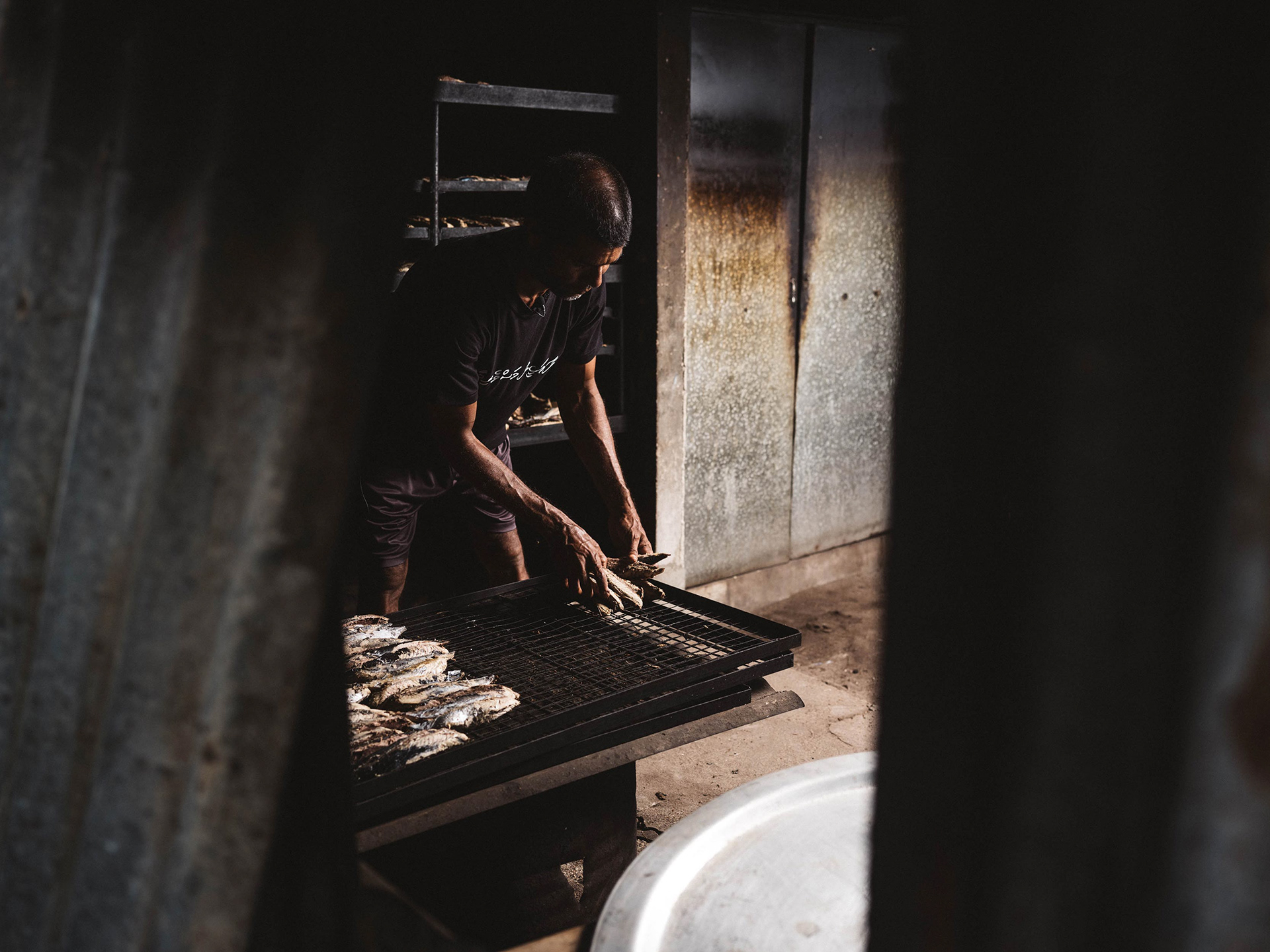
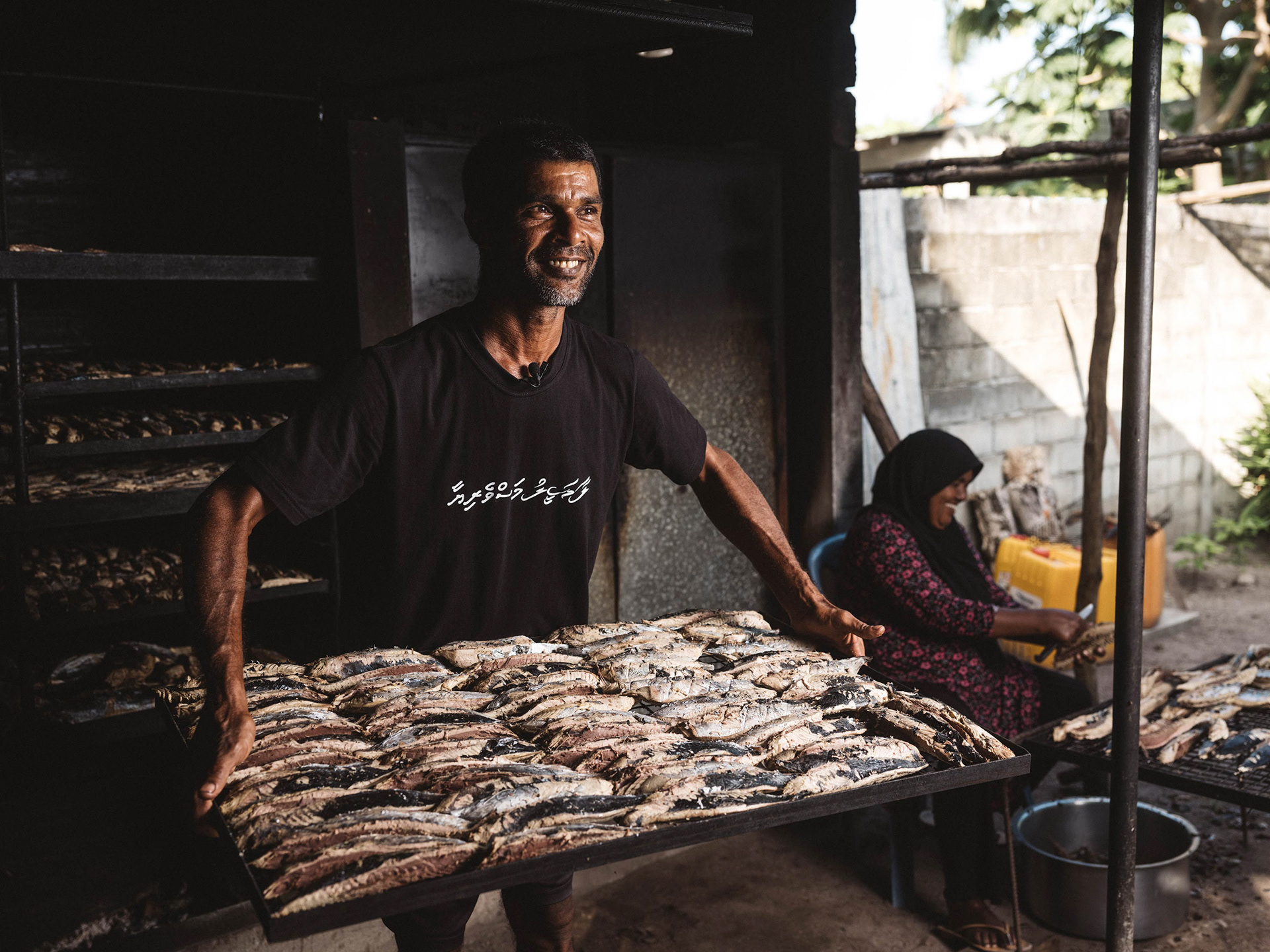
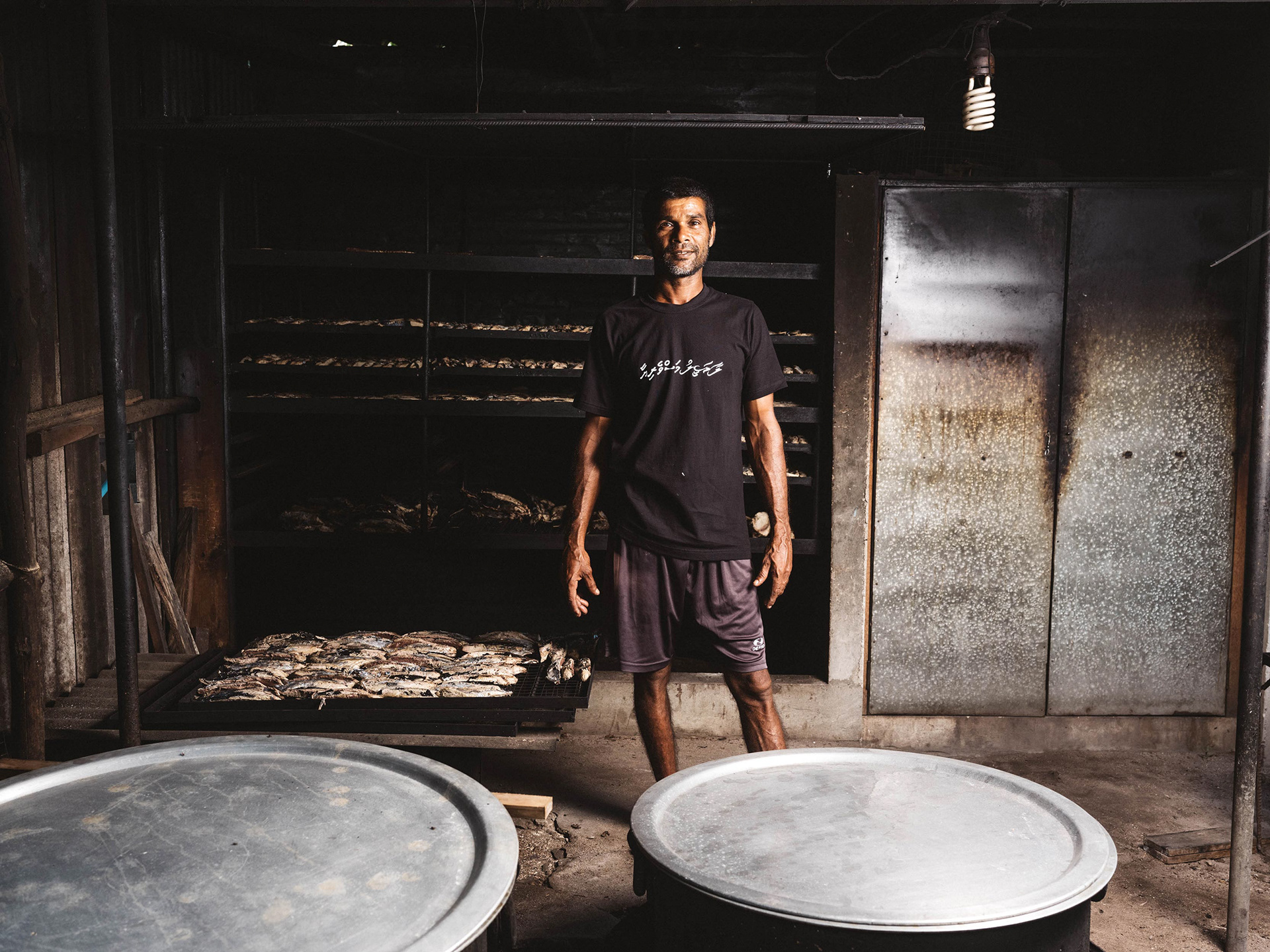
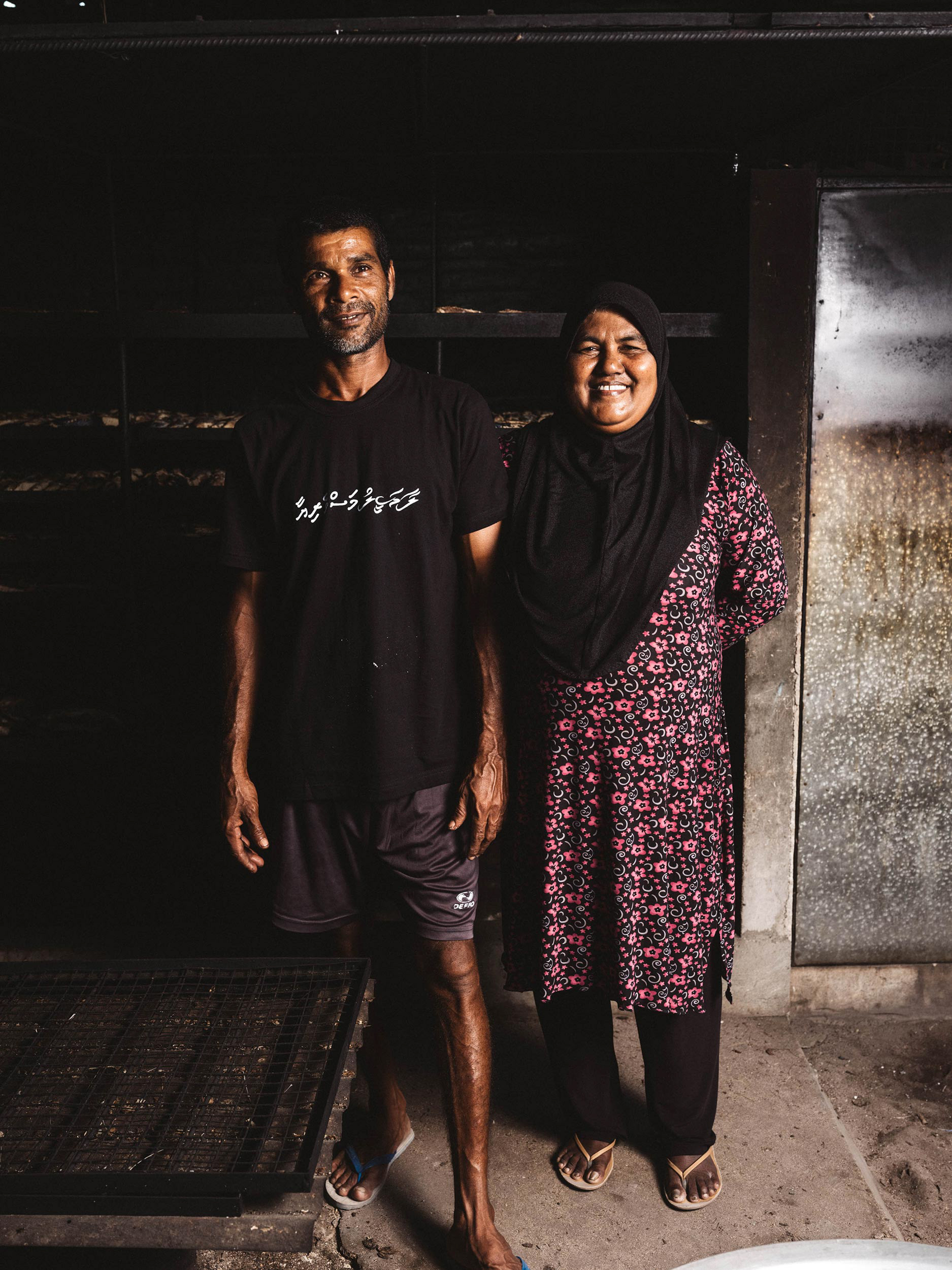
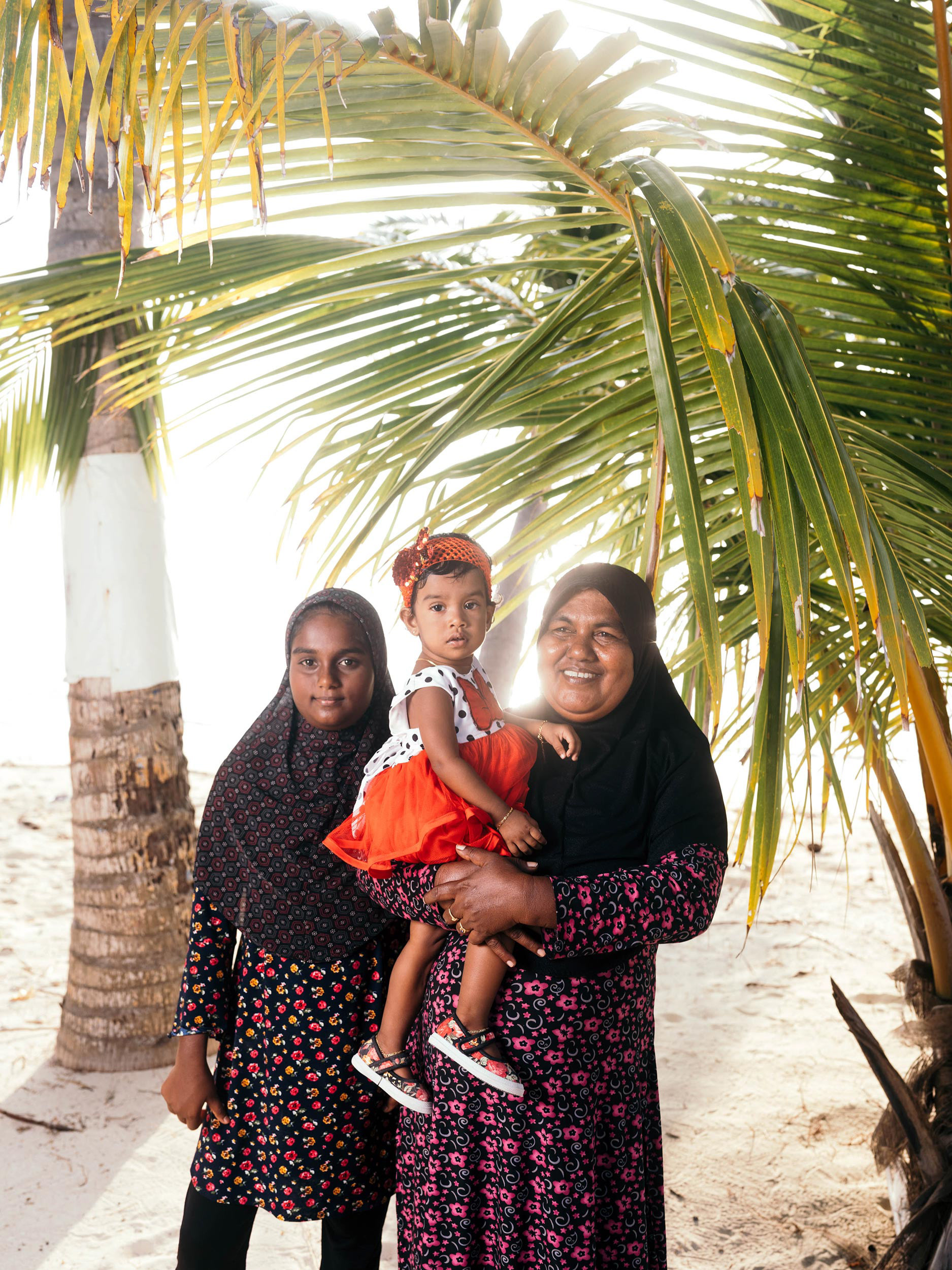

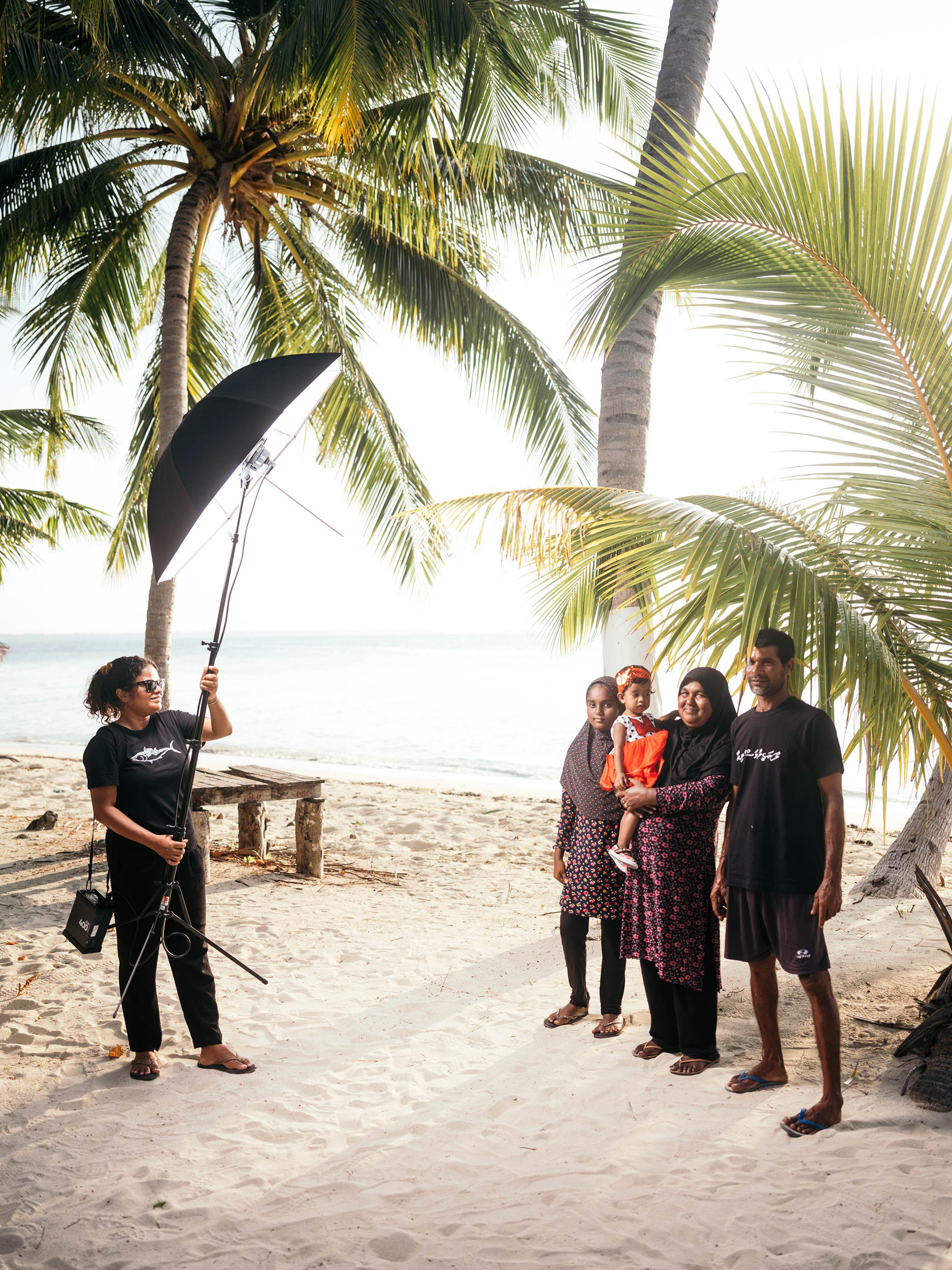
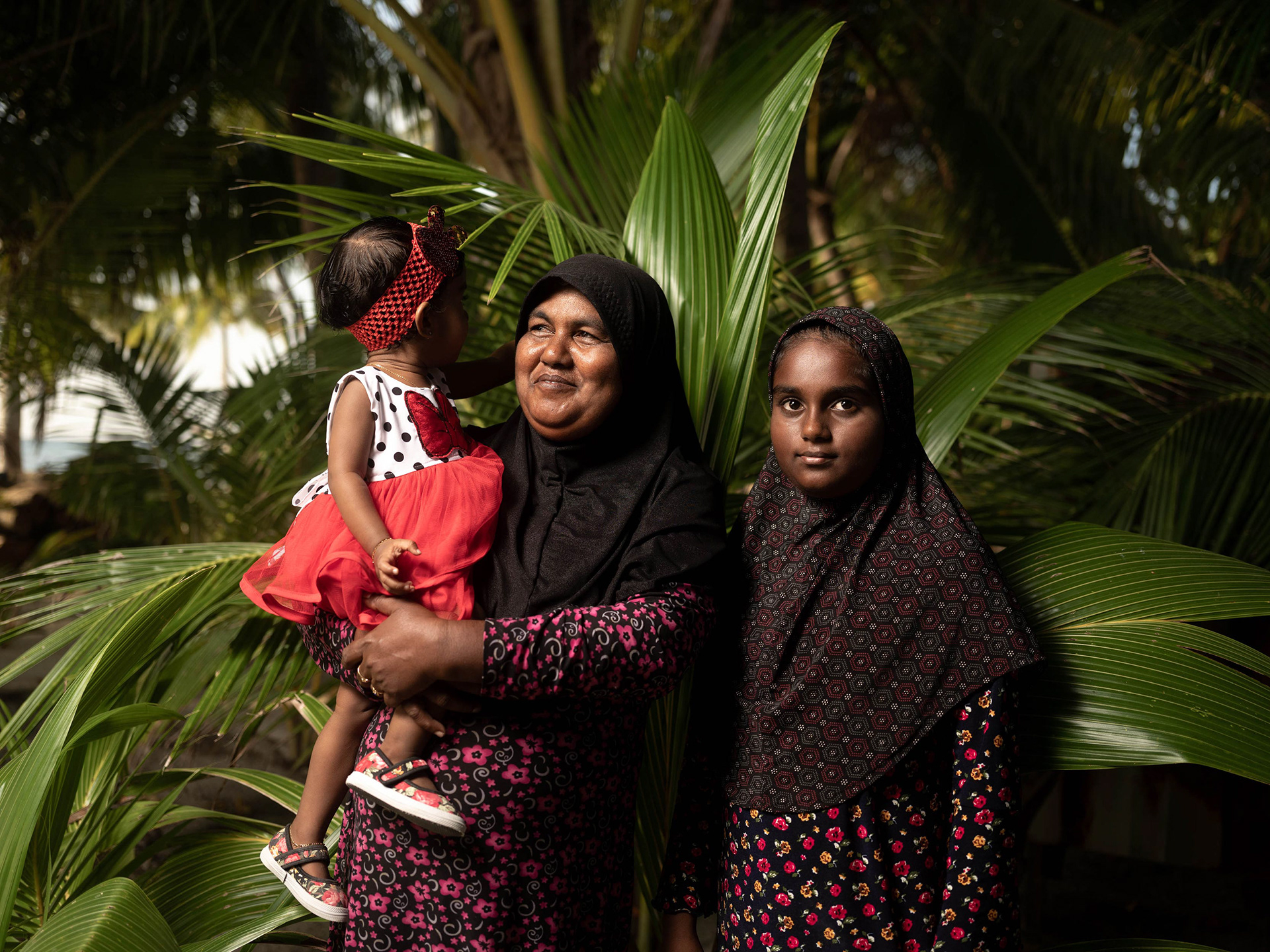

BLUE is seeking to partner with other resorts across the Maldives to replicate this model to protect coral reef fish in the Maldives for the benefit of all. If you are interested, please contact our International Projects Manager Vivienne Evans, who manages BLUE’s work in the Maldives: vivienne@bluemarinefoundation.com
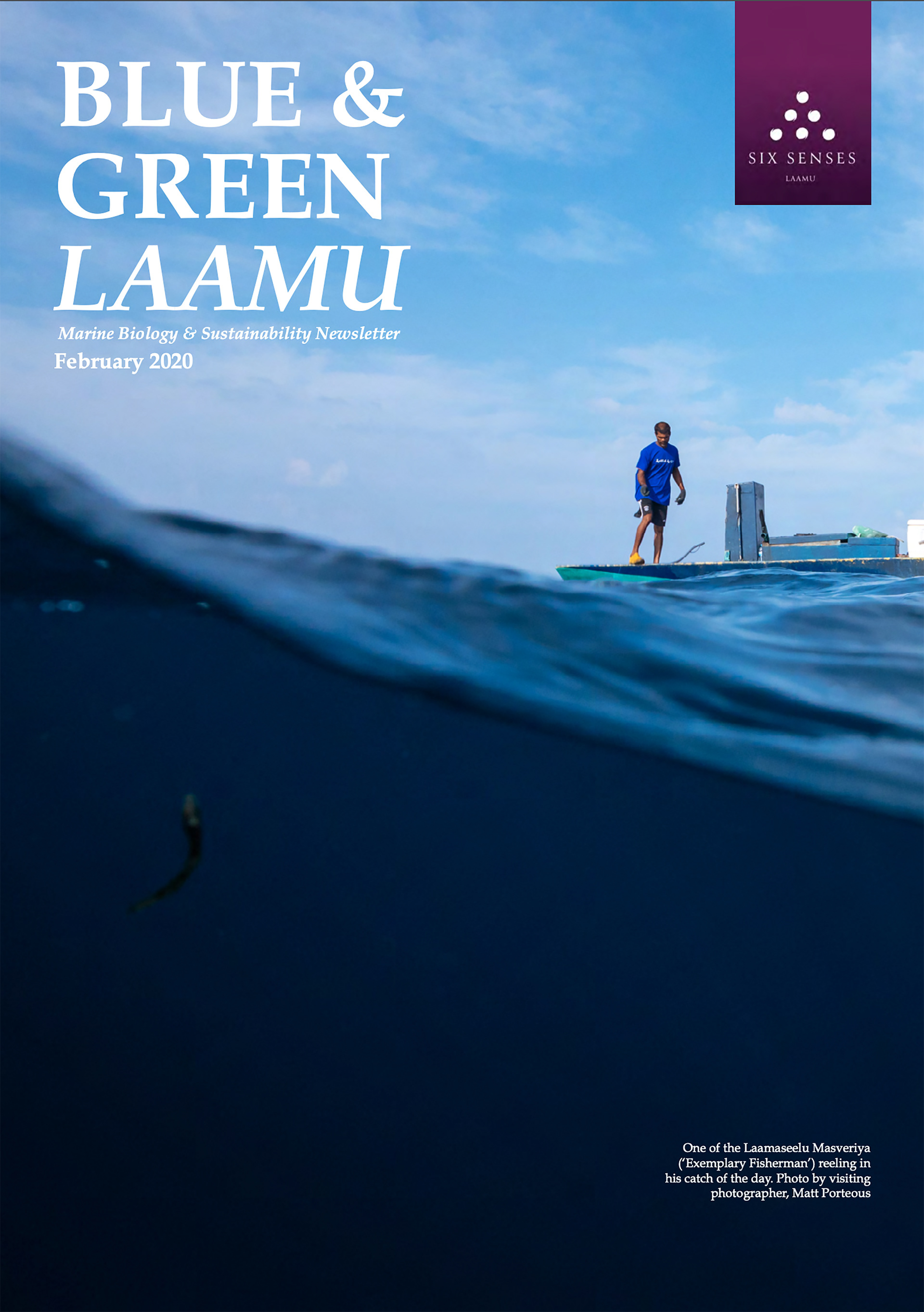
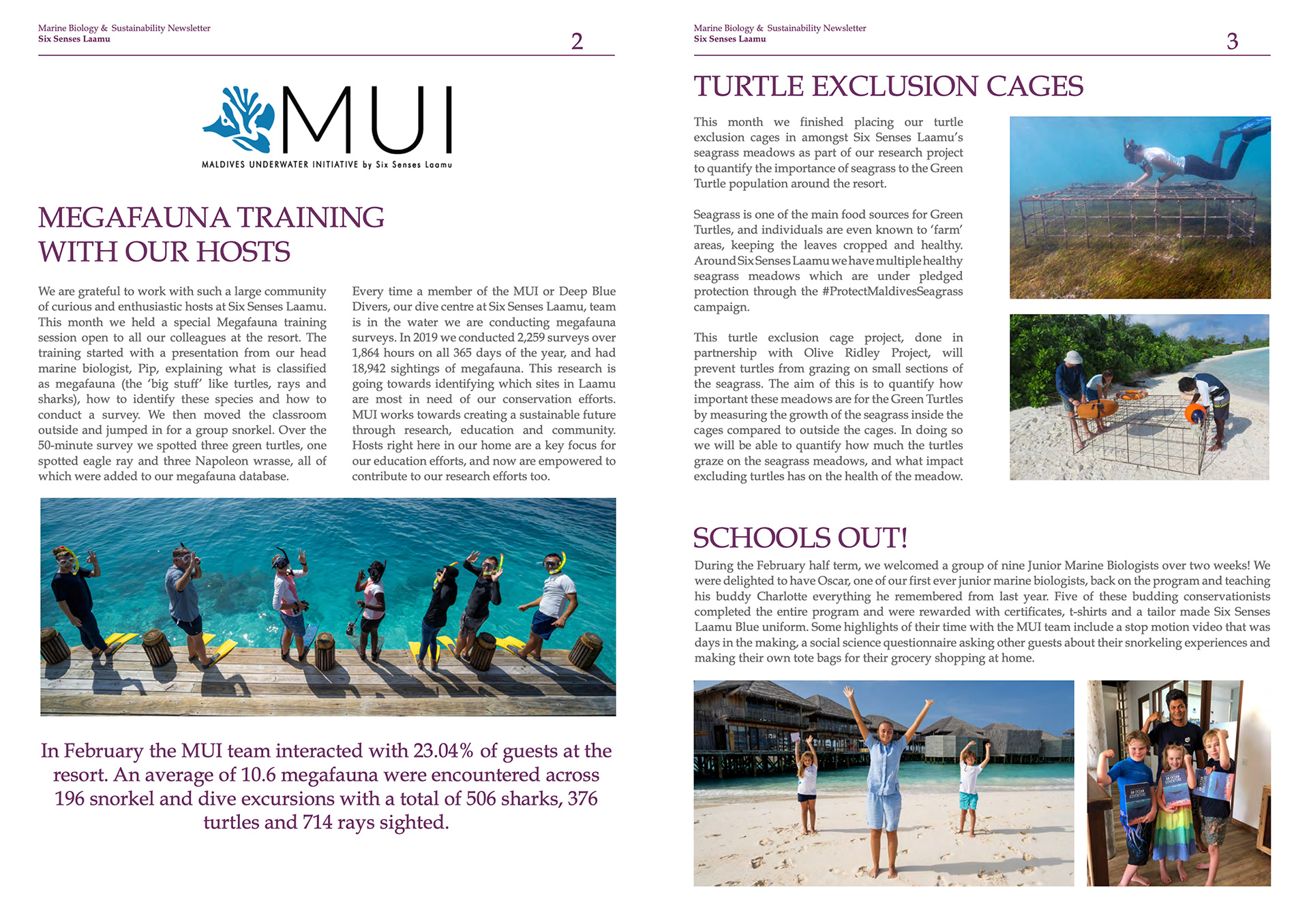
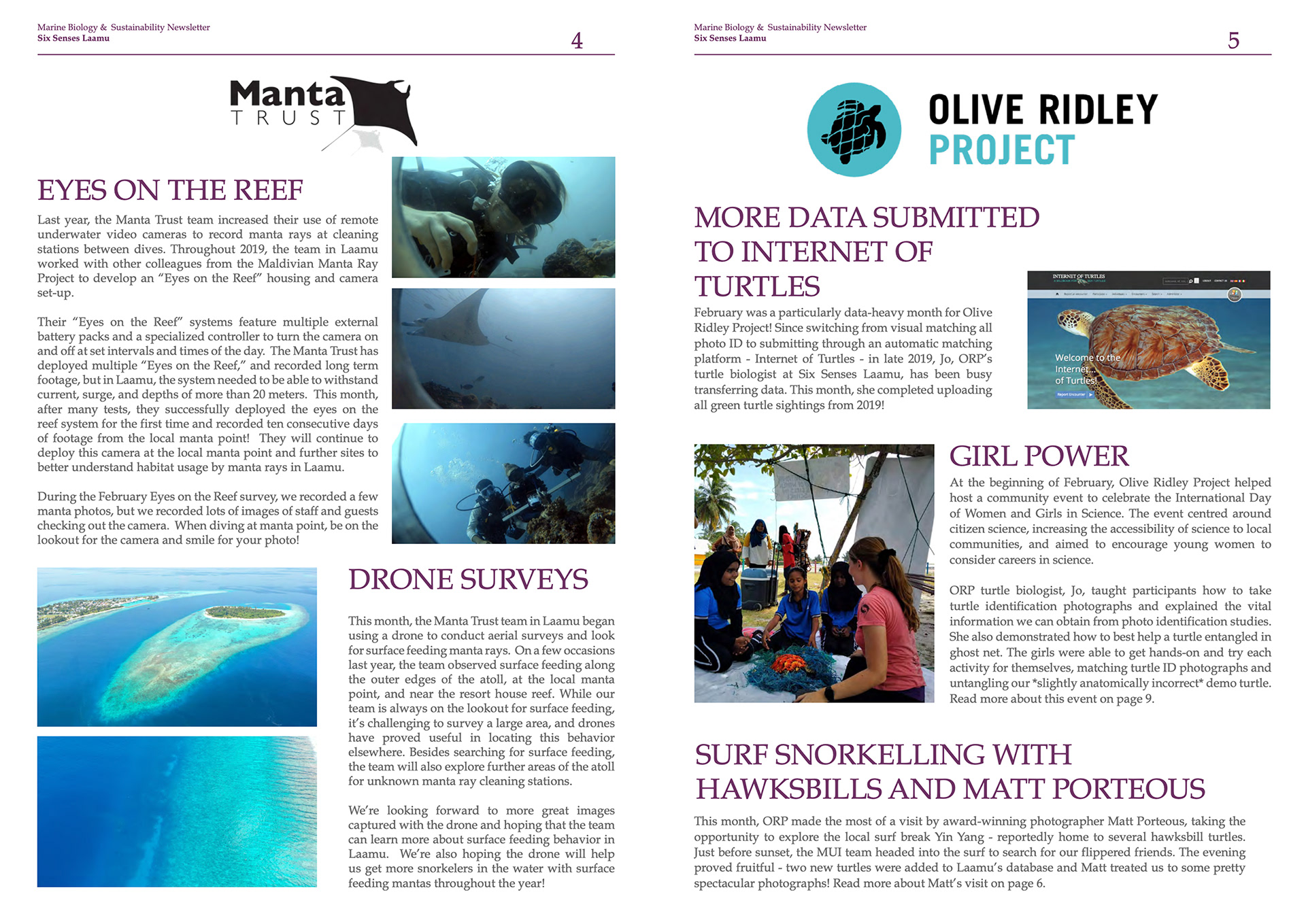
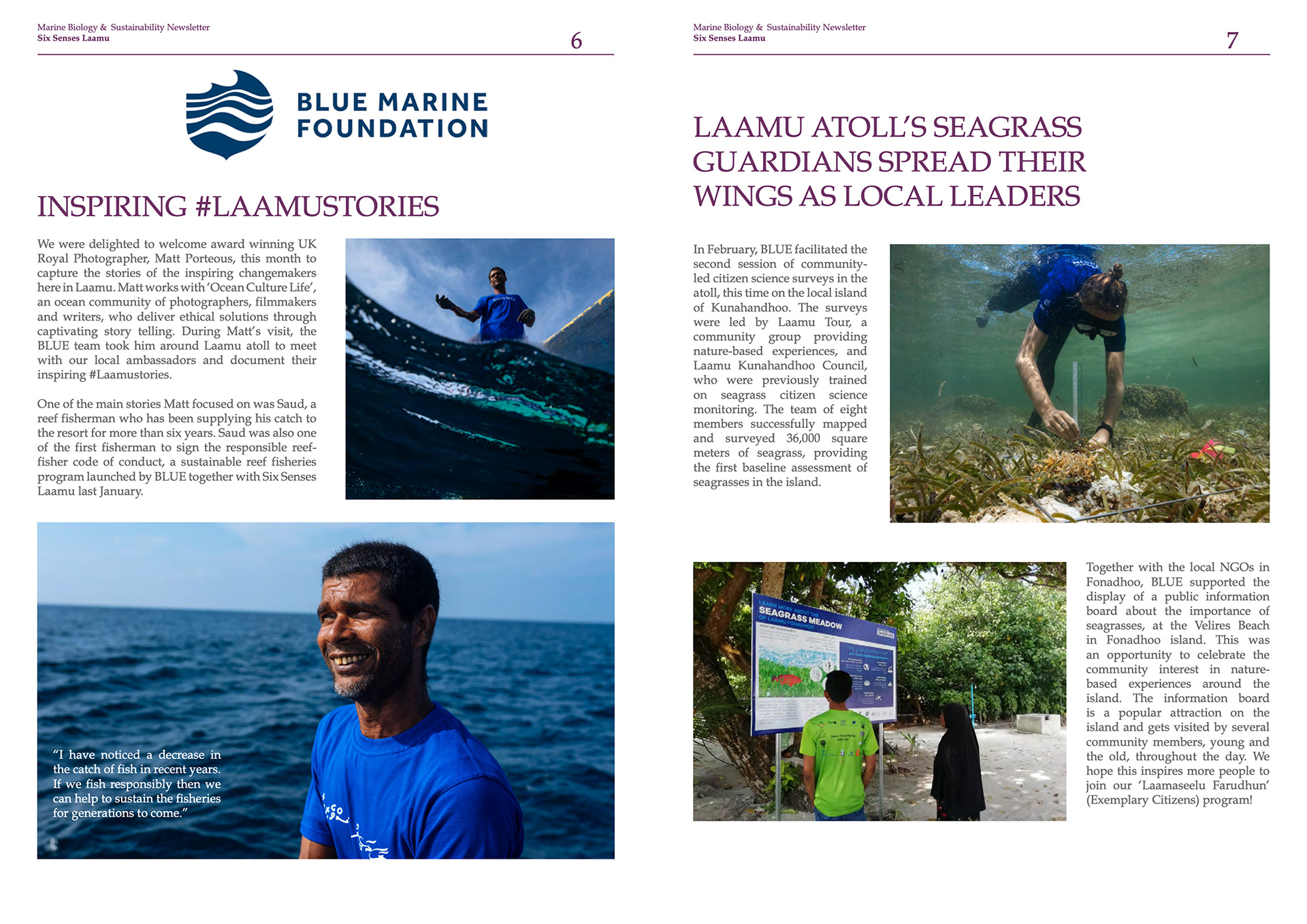
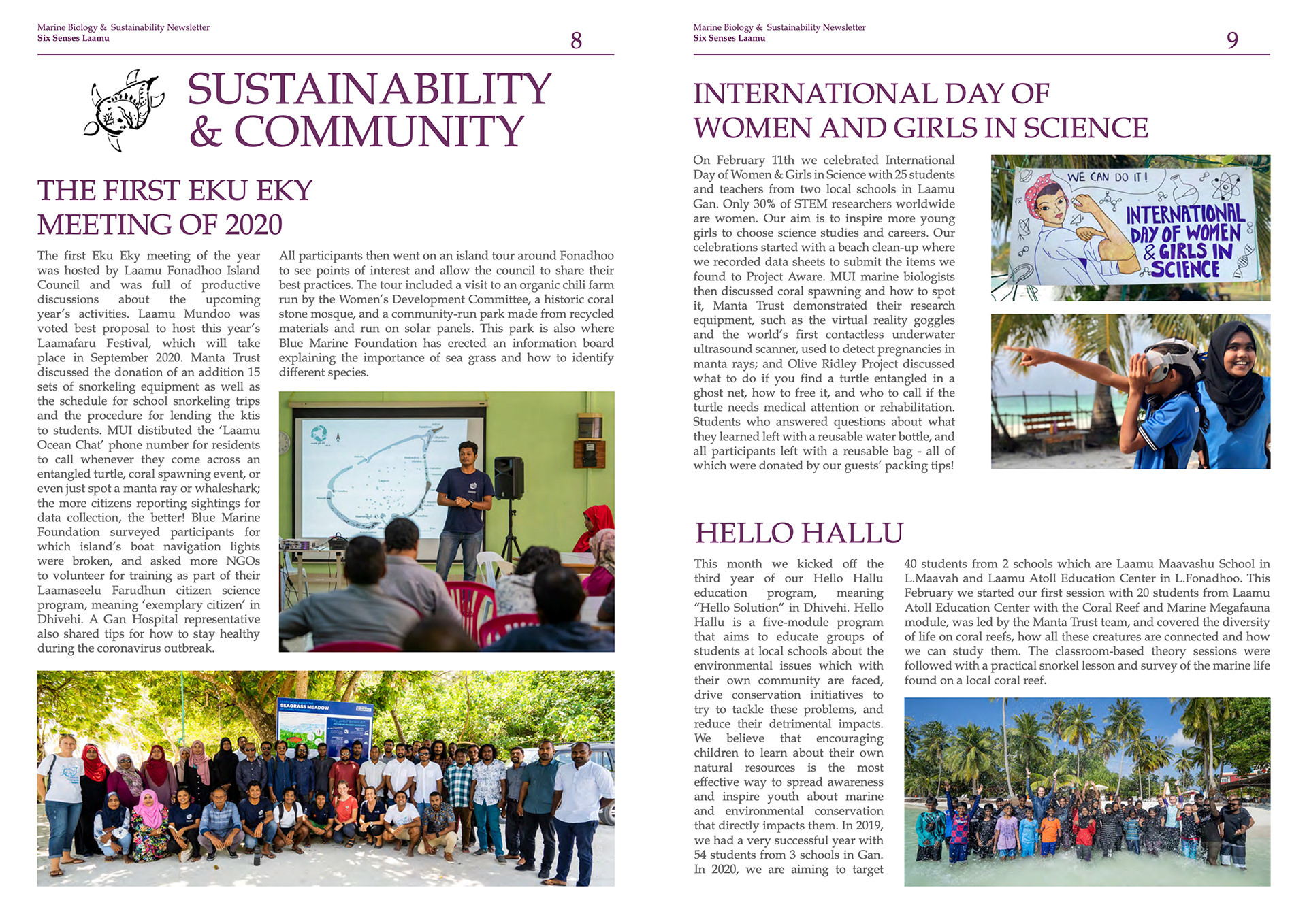
Location - Six Senses Laamu
Project - Ocean Culture Life - Blue Marine Laamu
Photographer - Matt Porteous & Mui Team
